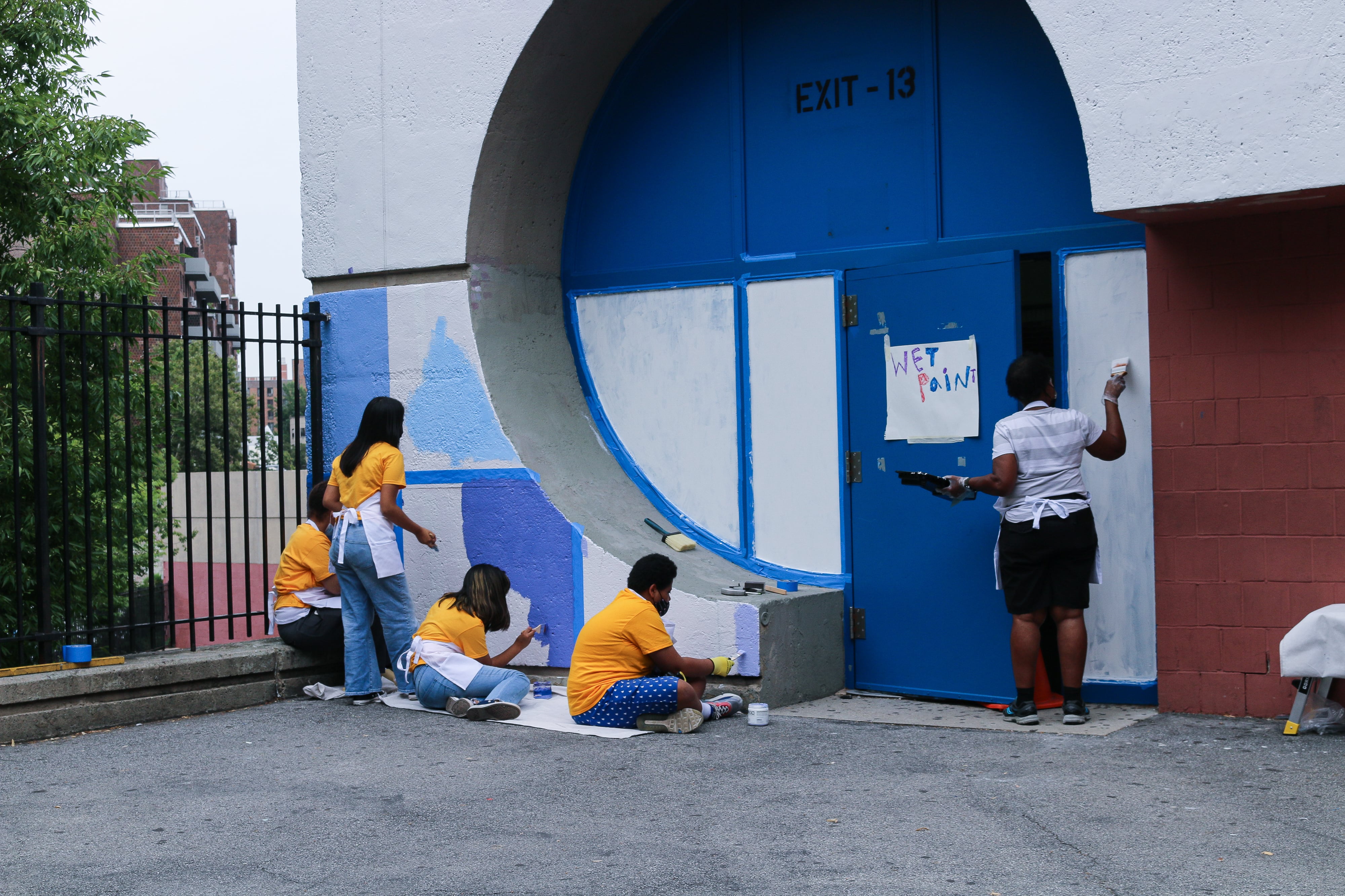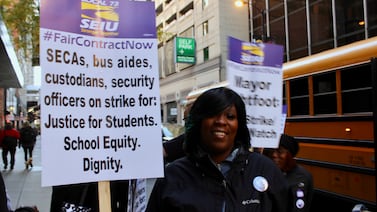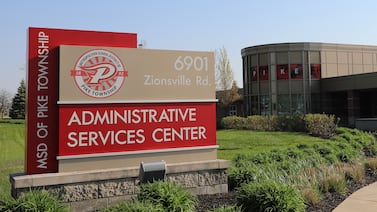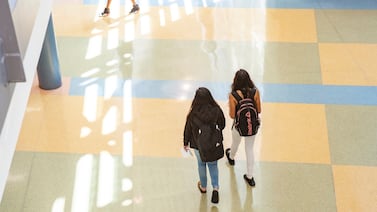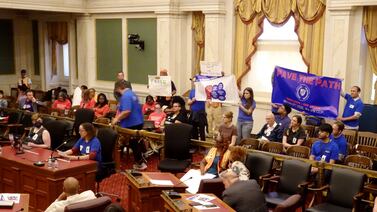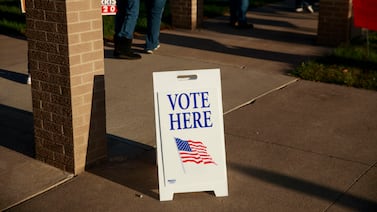Sign up for Chalkbeat New York’s free daily newsletter to keep up with NYC’s public schools.
Roughly 139,000 families submitted applications for Summer Rising, New York City’s free summer programming — far more than the number of available seats.
“It’s a testament to this program’s continued popularity with families — and I can’t wait to see what the summer brings,” schools Chancellor David Banks told reporters after revealing the application numbers on Thursday.
The numbers mirror last year when 45,000 families were initially not offered a seat. The program once again has 110,000 slots, though a portion of those are typically reserved for children who are mandated to attend summer school. It’s possible additional seats will open later as not all families will accept an offer.
Launched in 2021 as a response to the pandemic, the Summer Rising program gives students in grades K-8 a mix of academic instruction delivered by Education Department teachers and enrichment activities supported by a network of community-based organizations that partner with schools.
This year, city officials moved the application process up by about a month so families are slated to receive offers in mid-April, leaving more time to plan. Last summer, thousands of families were forced to scramble for child care over the summer after learning in May that they didn’t have a slot.
Several groups of students are supposed to receive priority for Summer Rising seats, including certain children with disabilities, those who attend after-school programs operated by the Department of Youth and Community Development, children who live in temporary housing or foster care, and students applying to a summer school site housed in the school they attend during the regular school year. Still, falling into one of those categories still does not guarantee a spot.
Despite the program’s popularity, its future is murky. Summer Rising was initially funded with one-time federal relief funding that is now expiring. Mayor Eric Adams has infused the program with city dollars to help replace the federal money that has been spent, but he has also reduced its overall budget.
The cuts mean that middle school students will have fewer hours of enrichment, including no programming on Friday, which is when many sites planned field trips. You can find more details about the program’s hours and structure here.
Alex Zimmerman is a reporter for Chalkbeat New York, covering NYC public schools. Contact Alex at azimmerman@chalkbeat.org.


